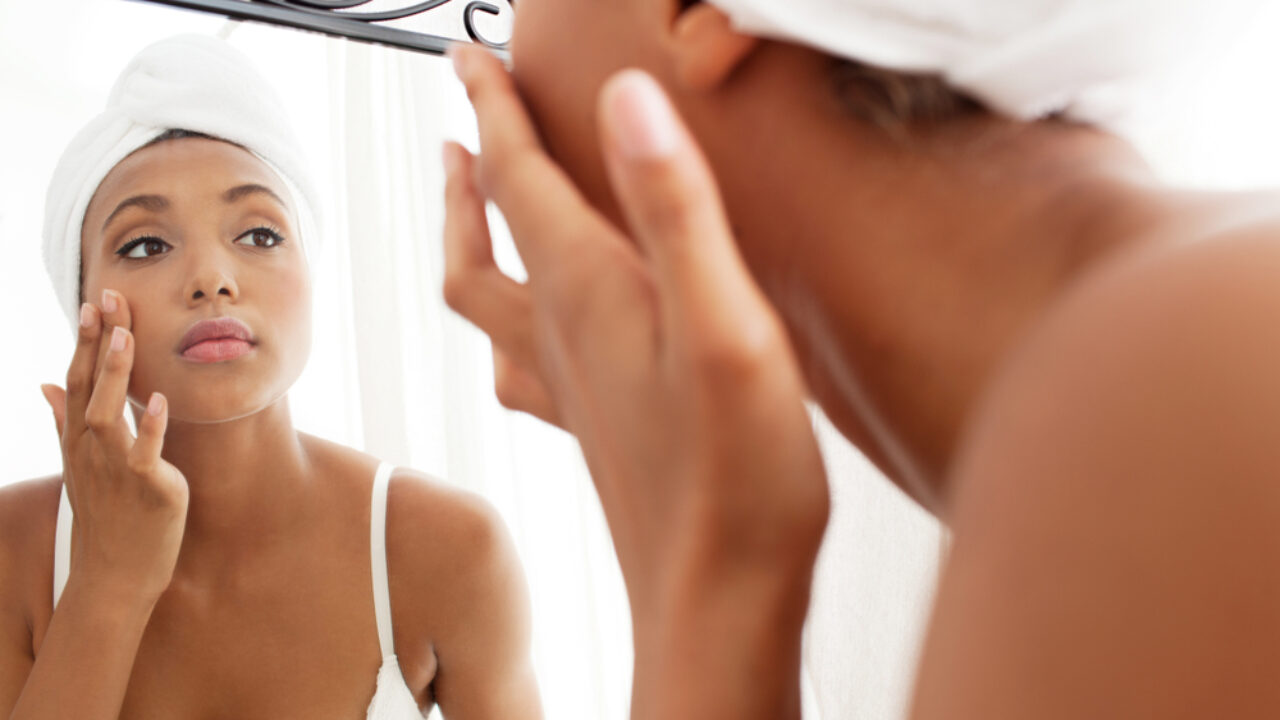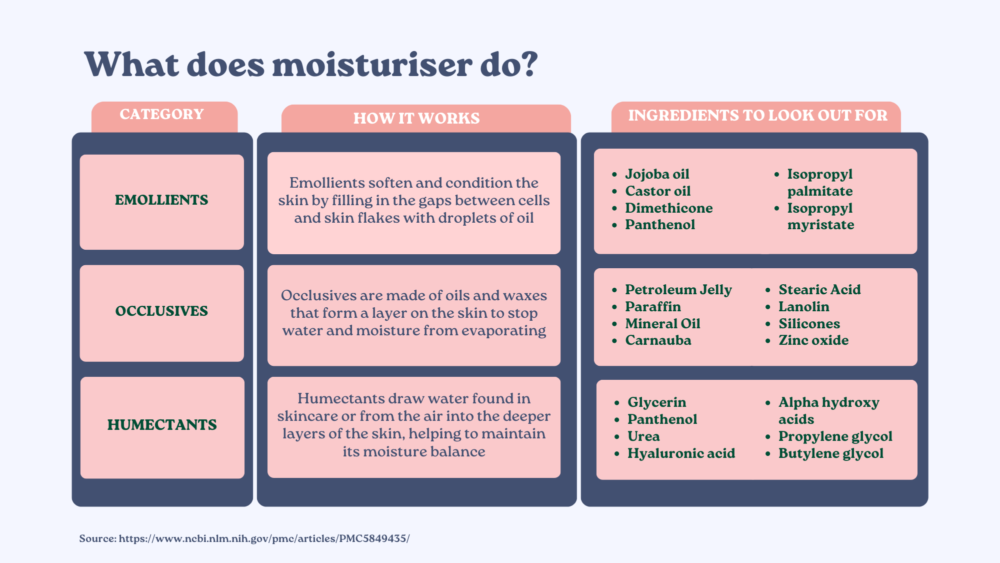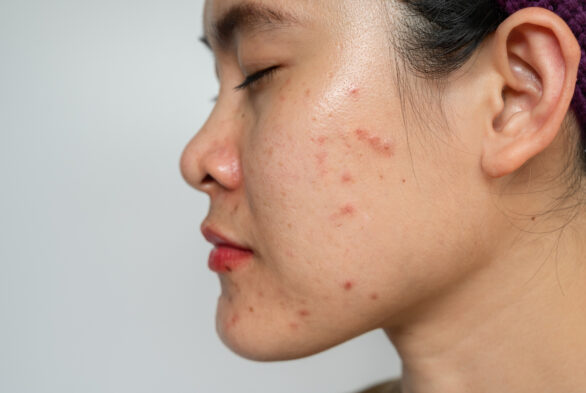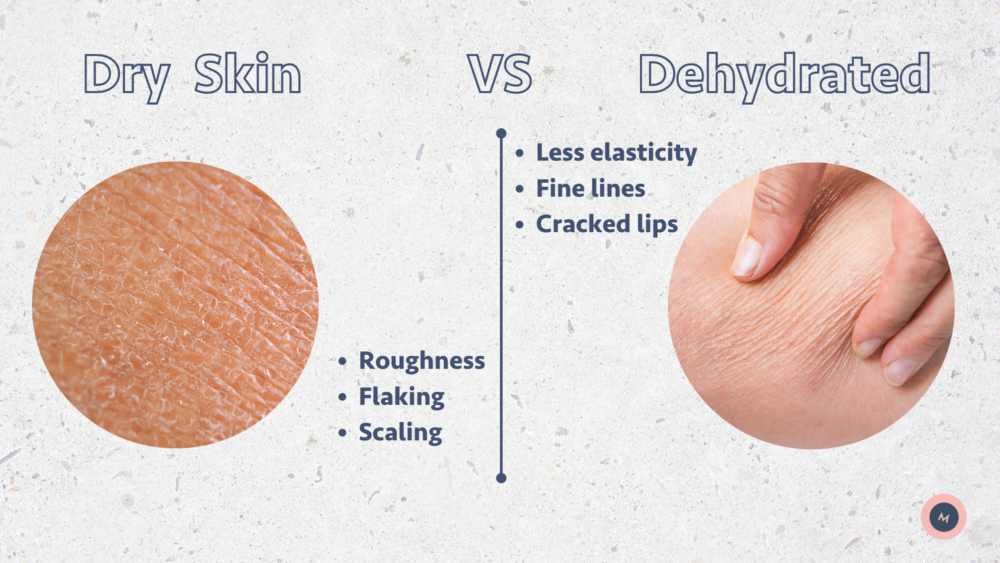
If you’ve ever wondered “What does a moisturiser do?,” we explain how they work and how to choose a moisturiser for your skin type
JUMP TO SECTION
Click the links below to jump to the relevant section:
Moisturisers are a staple of any skincare routine, which means they’re also the products that have the most marketing and jargon thrown at them.
It’s not enough to just buy a moisturiser for oily skin, or choose one based on the brand because what suits one person’s skin won’t suit another.
Not to mention the fact they vary very wildly on price as well.
The best place to start is by cutting through the marketing BS and understanding how moisturisers work by answering the immortal question: “what does moisturiser do?”
Below we’ve explained the science of moisturiser and what to look for in a moisturiser best suited for your skin type.
We’ve also spoken to leading cosmetic chemist Perry Romanowski, Vice President at Element 44 Inc, to get his tips on which ingredients to look for whether you have oily, dry, or acne-prone skin, and which to avoid.
FURTHER READING: What skin type do I have? | Best moisturiser for all skin types | Skin serum, facial oil or moisturiser: What’s the difference and which one do you need?
Moisturisers work on the outer layer of your skin called the stratum corneum. This layer is typically referred to as the dead layer because it’s where dead skin cells are.
“Cells in the epidermis are not living but moisturisers do two main things,” Romanowski told mamabella. “They attract and bind water in the epidermis which makes the skin more flexible and makes it feel better, and [they] add emollients to the skin which makes it directly feel and look better.”
The best moisturisers contain ingredients from three main categories – occlusives, emollients, and humectants.
 mamabella | mamabella
mamabella | mamabella When looking for a moisturiser, certain ingredients will help certain skin types. Of course, if you don’t know your skin type you’re already on the back foot.
We explain more about how to determine what type of skin you have in our What skin type do I have? guide, but to summarise:
You have dry skin if:
Look for: Dry skin tends to be lacking in oil so needs more emollients and occlusive ingredients to help increase oil and moisture levels. These ingredients also prevent water from evaporating from the skin.
What to avoid: Avoid moisturisers or any skincare products containing fragrances if your skin, especially if your skin is sensitive.
mamabella recommends: CeraVe Moisturising Cream, Purito Deep Sea Water Cream, The Ordinary Moisturising Factors and HA, First Aid Beauty Ultra Repair Cream
 Getty Images/iStockphoto
Getty Images/iStockphoto You have oily skin if:
Look for: Oily skin can get away without moisturising daily however, that doesn’t mean it doesn’t need a moisturiser at all. This is because oily skin can still become dehydrated and if the skin becomes too dehydrated, it can cause your cells to produce even more oil to overcompensate – thus making the situation worse. Look for humectants and light emollients/thin occlusives. If you’re prone to acne, you can also buy moisturisers with ingredients such as salicylic acid, and benzoyl peroxide which can both help.
What to avoid: Try to reduce the number of products that contain dimethicone and silicones if you have oily skin, or make sure you’re cleansing and exfoliating well.
mamabella recommends: The Inkey List Omega Water Cream, e.l.f Superhydrate Gel Moisturiser, Etude House Soon Jung 2x Barrier, Byoma Moisturising Gel-Cream
View this post on Instagram
If you have a mixture of symptoms from these two lists, you have combination skin. If you don’t have any of these signs, you have normal skin.
Within these skin types you can then additionally have sensitive skin, or dehydrated skin. Yes, even oily skin can be dehydrated.
You have sensitive skin if:
Romanowski adds that people should avoid ingredients they are allergic to or have bad reactions with. If you react badly to a certain moisturiser, finding out the exact ingredient can be tricky. Often this can be fragrances, which can be in the form of esters, or ingredients like plant extracts or oils.
Keep a note of any moisturising products that react badly with your skin and try to identify the common ingredient, but a general rule, if you have sensitive skin, avoid anything with fragrances in.
 mamabella | mamabella
mamabella | mamabella You have dehydrated skin if:
You might have also come across the terms ‘dry’ and ‘dehydrated’ skin and while they sound like the same thing, there’s a slight distinction. Dry skin needs oils, while dehydrated skin needs moisture. That said, according to Romanowski, there’s not much difference between these two terms when it comes to the chemistry of your skin. Read more in our guide: Do you have dry skin or is just dehydrated? Here’s how to tell the difference.
“These are more marketing terms that refer to the condition of the skin” he explains. “Dehydrated skin refers to the condition of the skin cells and the amount of water that is in them.” Most of the time, when this happens, it means there is no water in the skin. Dry skin refers to the way dehydrated skin feels and typically involves things like scaly-looking skin, itchy skin, and rough-feeling skin.”
READ NEXT: What’s really in your foundation?
Just like foundations, those of us with mature skin might want to make sure our moisturiser contains sun protection.
Mature skin can become drier more easily, so ingredients that replenish skin including ceramides, sodium PCA, glycerin, glycerol, and silicones are all welcome in a moisturiser, too. Wearing SPF is key for all skin types, but especially for mature skin.
Look for:

Abigail is a leading science journalist writing about space, sustainability, technology and culture. She is author of The Art of Urban Astronomy, a must-have guide to the night sky that guides you through the seasons and learn about the brightest stars and constellations, the myths and legends of astronomy and how to identify star clusters and galaxies.
You must be logged in to post a comment.

Comments